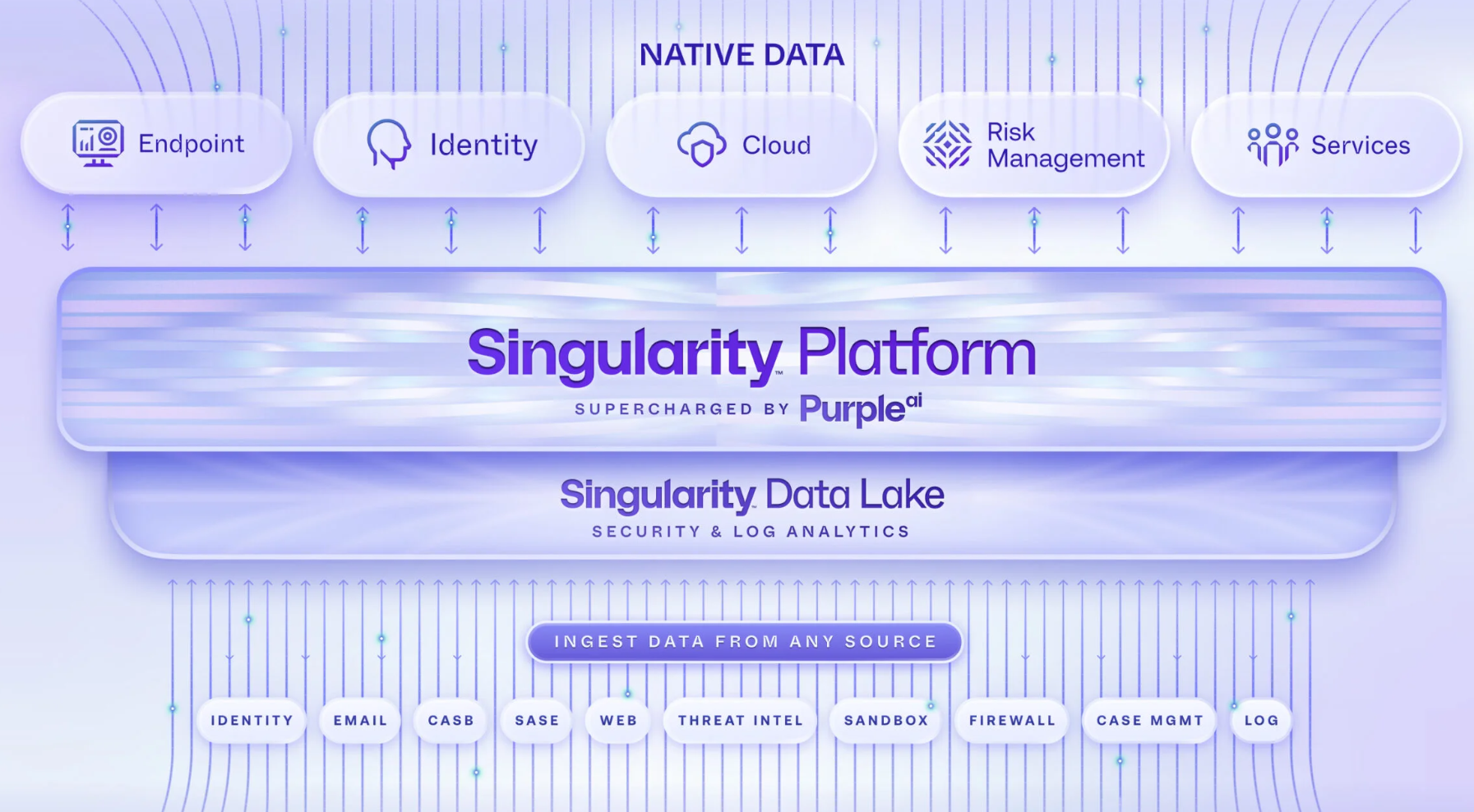SentinelOne CEO Tomer Weingarten said the company is seeing "a distinct rise in customer interest and appreciation" for its Singularity Platform following the CrowdStrike outage.
Weingarten outlined multiple thoughts about the cybersecurity industry following the CrowdStrike outages. SentinelOne, a smaller rival to CrowdStrike and Palo Alto Networks, said its second quarter demand was broad based. The company reported a second quarter net loss of $69.18 million, or 22 cents a share, on revenue of $199 million. Non-GAAP earnings in the second quarter were a penny a share.

In the shareholder letter, Weingarten said:
"Little has changed in recent months from a macroeconomic perspective, yet a lot has changed in the cybersecurity industry. These are unprecedented times—the frequency, complexity, and costs of cyberattacks are reaching new heights. At the same time, the performance shortcomings of other market offerings are becoming visible to the public."
CrowdStrike outage fallout:
- Palo Alto Networks reports strong Q4, raises outlook on platformization play
- CrowdStrike to Delta: Don't blame us for your IT outage response
- From Blue Screen to Blackout: Unpacking the CrowdStrike Catastrophe and Industry Implications
- CrowdStrike outage likely to hit cybersecurity's platformization pitch
- Cybersecurity platformization: What you need to know
Obviously referring to CrowdStrike's outage along with Microsoft, Weingarten said:
"The latest global IT outage highlights the significance of platform architectures, process controls, and building resilient security operations. The scale and disruption caused by this incident is a stark reminder of the risks posed by vendor concentration. The cost of protection should never exceed the consequences of a breach.
A key lesson our industry has learned is the importance of product architecture. Understandably, customers and partners are now looking for better platform architectures and building more resilient cyber-defenses. Some of the largest enterprises in the world are now evaluating and appreciating the Singularity platform’s breadth and superiority relative to the competitive offerings – and they are positively surprised."
Speaking on an earnings call, Weingarten said enterprises are looking to diversify their cybersecurity vendors including CrowdStrike. He said:
"We've already seen customers choosing to move away. Some of them have moved away already to SentinelOne, some of them are in the process, some of them will take time to assert, but I think everybody is considering their next steps. And obviously, as you can imagine, that bodes well up to SentinelOne. With that, I would also be mindful that sales cycles take nine to 12 months. Nobody wants to rip off something immediately. Some folks do, but that's not the majority.
I think for the rest of the customer base, just decisions -- they're going to play out over time. I think people are looking at us, obviously, the number one alternative. People are looking to diversify risk and not really concentrate more and more capabilities with one vendor."
SentinelOne's comments come a week after Palo Alto Networks reported earnings. Palo Alto Networks CEO Nikesh Arora commented on the CrowdStrike outage. He said:
“That was a tough event that simultaneously impacted 10s of millions of users, which is unfortunate. I appreciate the way CrowdStrike handled but at the same time, it caused two things to happen. One, customers are asking us ‘if you have the same product how do you deploy?’ We have a fundamentally different way with updates. We were able to articulate that and even though some customers were busy remediating that issue we got our deals done with them. It's kind of interesting. The other thing the outage did was cause customers to step back and say, ‘wait a minute. I need to make sure that I'm evaluating all the XDR opportunities in the market. It's exciting because customers are willing to give us consideration on the XDR space.”
As for the outlook, SentinelOne is projected third quarter revenue of $209.5 million and fiscal 2025 revenue of $815 million.



